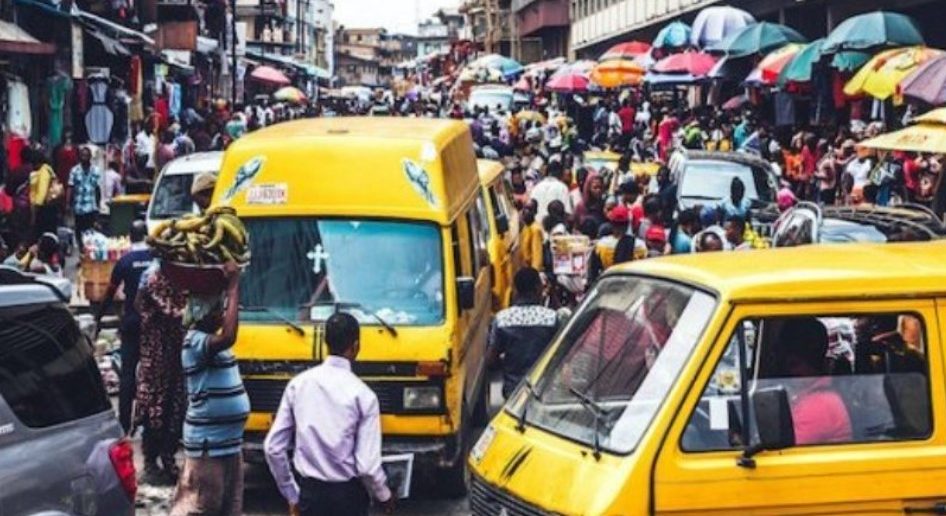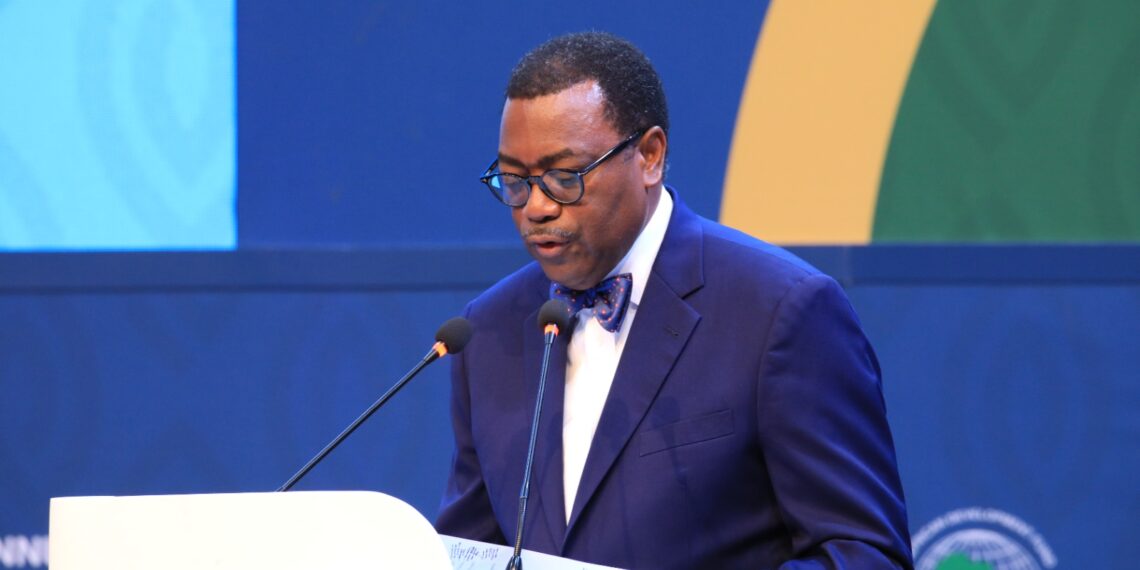
Nigerian, African economies to grow at 4.1% despite headwinds
- Economy
- No Comment
- 256
Economies of African countries, including Nigeria, have shown resilience despite multiple shocks, with average growth projected to stabilise at 4.1 per cent in 2023 and 2024.
The new projection, as contained in a new African Economic Outlook (AEO) 2023, launched yesterday in Egypt, is higher than the estimated 3.8 per cent of 2022 Africa’s growth in real Gross Domestic Product (GDP), down from 4.8 per cent in 2021, but above the global average of 3.4 per cent.
The African Development Bank (AfDB) attributed the growth slowdown to the tightening of global financial conditions and supply chain disruptions exacerbated by Russia’s invasion of Ukraine, which subdued global growth. Growth was also impaired by the residual effects of the COVID-19 pandemic and the growing impact of climate change and extreme weather events.
AfDB Vice President for Economic Governance and Knowledge, Prof. Kelvin Urama, said the deceleration was broad-based, with 31 of the 54 African countries posting weaker growth rates in 2022 relative to 2021.
Urama said the continent, however, performed better than most world regions in 2022, with the continent’s resilience projected to put five of the six pre-pandemic top-performing economies—Benin, Côte d’Ivoire, Ethiopia, Rwanda, and Tanzania—back in the league of the world’s 10 fastest-growing economies in 2023–24.
“Growth is projected to rebound to four per cent in 2023, and consolidate at 4.3 per cent in 2024, underpinning Africa’s continued resilience to shocks,” he said.
Despite this, he added, climate change, elevated global inflation, and persistent fragilities in supply chains would remain on the watchlist as potential factors for possible slowdowns of growth in the continent.
According to the report, although most African currencies weakened, others appreciated or remained stable. Countries with appreciating currencies included Angola (27.1 per cent), Seychelles (15.6 per cent), and Zambia (15.3 per cent).
Depreciation rates could ease in 2023 and 2024, but continued strengthening of the U.S. dollar will keep African currencies under pressure.
By Wole Oyebade, Sharm el Sheikh, Egypt
https://guardian.ng/business-services/nigerian-african-economies-to-grow-at-4-1-despite-headwinds/




